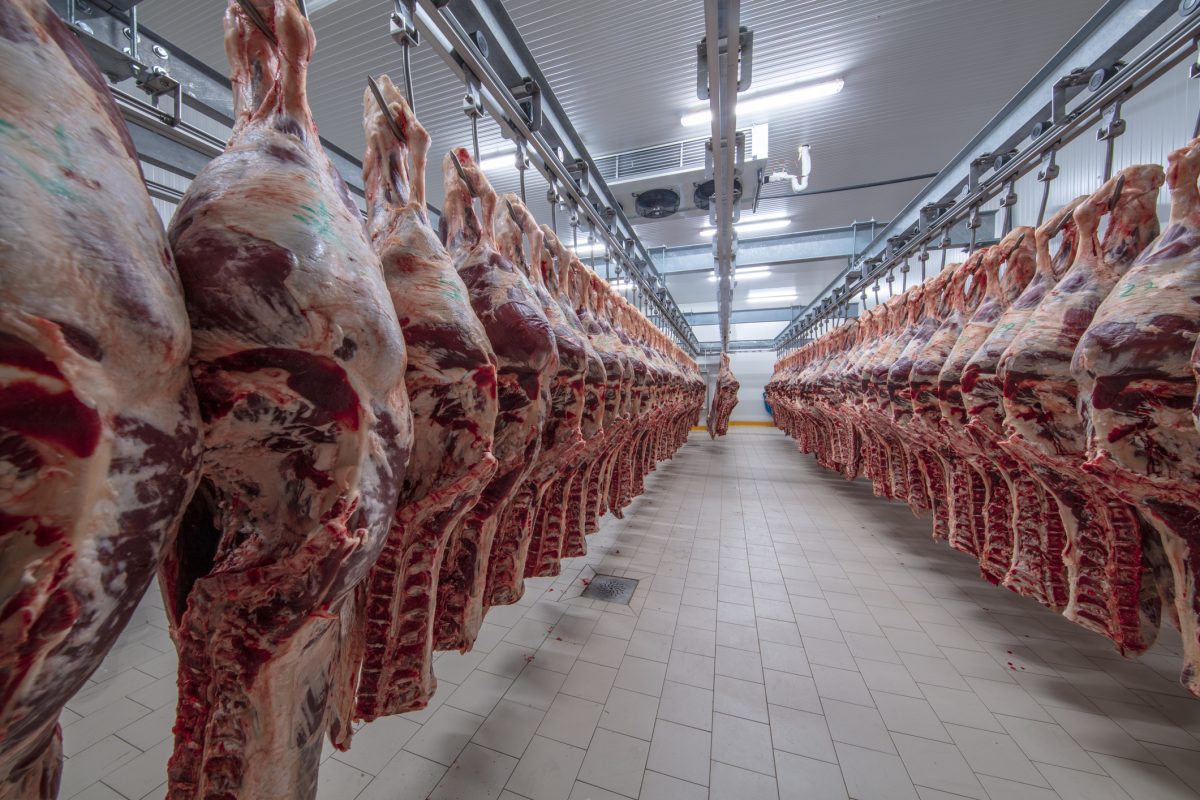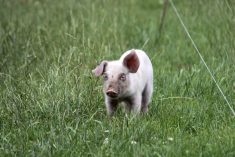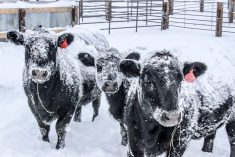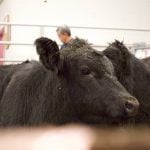Switzerland plays host to a meeting of the NAFTA countries starting today (Sept. 14) as Canada and Mexico take the United States’ regulations on mandatory country-of-origin labelling (COOL) before the World Trade Organization.
According to a notice Monday from the Canadian Cattlemen’s Association, hearings before the WTO’s dispute settlement panel begin Tuesday in Geneva with presentations from the Canadian and Mexican governments’ legal teams, which will also answer questions from the WTO panelists.
The U.S. government is also scheduled Tuesday to put forward its defense of COOL. Observer countries in the dispute are scheduled to make their statements on the second day, the CCA said.
Read Also

U.S. livestock: Cattle, hog futures rebound
Chicago cattle and hog futures regained lost ground on Thursday. Most-active February live cattle futures closed at 235.275 cents a…
The legal teams from Canada, Mexico and the U.S. are then scheduled to return Thursday (Sept. 16) to answer questions from the panel and rebut each other’s presentations, the CCA said.
This week’s hearings are just the first step in the dispute settlement process, the CCA noted. There will be a period in October and November for further written information and rebuttals to the panel.
A second round of oral hearings is scheduled for early December; the panel’s decision is expected in July 2011.
Christian Haberli, a Swiss diplomat who has sat on several WTO dispute settlement panels and now works for Bern University’s World Trade Institute, is to chair the panel hearing the COOL case. Also on the panel are Manzoor Ahmad, Pakistan’s ambassador to the WTO, and Joao Magalhaes, a WTO staffer turned trade consultant.
Argentina, Australia, Brazil, China, Colombia, the European Union, Guatemala, India, Japan, Korea, New Zealand, Peru and Taiwan have reserved their rights to take part in the panel proceedings Wednesday as third parties.
Launched in September 2008, mandatory COOL requires U.S. retailers, such as full-line grocery stores, supermarkets and club warehouse stores, to notify their customers through labelling the source of foods such as muscle-cut and ground meats from beef, veal, pork, lamb, goat or chicken; wild or farm-raised fish or shellfish; ginseng; fresh or frozen fruits or vegetables; peanuts, pecans, or macadamia nuts.
Canada and Mexico plan to oppose COOL at the WTO panel as a violation of international trade laws, contending that the law restricts market access and constitutes a technical barrier.
The Canadian Pork Council has previously said the U.S. rules impose “unnecessary costs in an already difficult market with little benefit to the American consumer.”
The CCA said its staff, counsel and association president Travis Toews are to watch the hearing proceedings from a nearby room and be available to provide “expert industry advice as needed” to the Canadian government team.
“Sometimes, on short notice, arguments need to be reworked or answers developed to unforeseen questions, and having cattle industry reps on hand may make the difference in whether a particular piece of information gets to the top of mind at the right moment,” the CCA said Monday.
That said, the association added it’s “confident that the Canadian arguments and preparation are very strong.”














